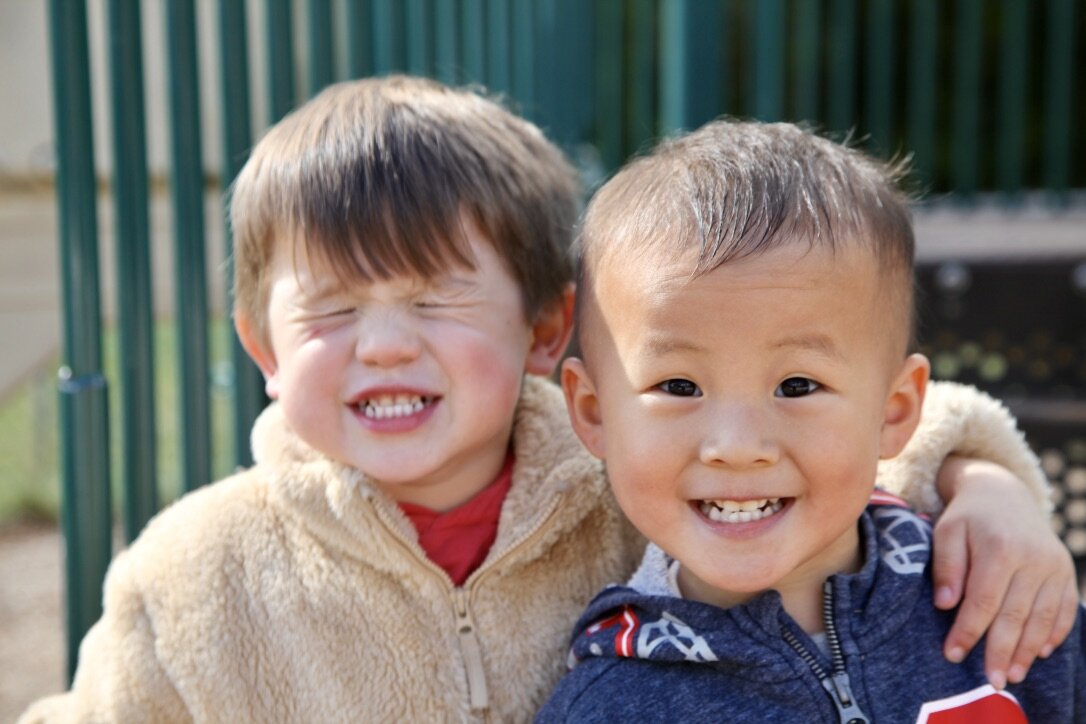
This month, The Boston Globe published an article about how childhood misbehavior is an essential stepping stone in the development of emotional intelligence. The unique, evidence-based begin to ECSEL program was born out of the realization of how important emotional intelligence is for lifelong learning, mental health, well-being and success.
The Globe article identifies several cultural factors that may influence misbehavior, such as over-exposure to technology, parental stress and our politically divisive atmosphere. Beyond simply identifying the obvious negative aspects of misbehavior, the article also highlights the unexpected benefits of it. J Stuart Ablon of Mass. General’s Think program says: “Kids have far more autonomy than they used to. We value their feelings…and they’re allowed to be themselves without such heavy emphasis on compliance. This ultimately helps them grow into adults who are independent, creative thinkers.”
Begin to ECSEL values, above all else, children’s feelings and the huge importance of having choices that support their independence. A leading education and research organization George Lucas Educational Foundation, notes in its publication Edutopia: "When the teacher listens to what is beneath the behavior, focusing on the student's feelings, this type of validation says to the child that the teacher sees them and is trying to understand. When the teacher takes deep breaths, gets a drink of water, and creates space for reflection...they are modeling the regulation skills they want to see from students."
Beyond validating the many feelings of children, teachers trained in begin to ECSEL are taught also to let go of the instinct to simply say “no” when a child inevitably pushes boundaries. As we know, simply saying “no” without an explanation often leaves children feeling confused or shutdown. Both parents and educators ultimately want children to be polite, but also to be critical thinkers and self-advocates. So, when begin to ECSEL teachers must close a door to one choice, they are trained to then open another door to a safer or more appropriate choice. In this way, we do not punish misbehavior, but rather encourage children to discover creative and safe alternatives. This offering of choices supports the development of self-control.
A principle component of being a begin to ECSEL teacher is knowing to never correct a child’s behavior without giving a thoughtful explanation as to why. This methodology brings children’s focus to how their actions affect others. This is a critical step in helping our children become empathetic citizens of the world. As research has shown time and time again, we know that empathetic kids are happier, healthier, more resilient and now even more successful in the job market. We were very excited to see a recent World Economic Forum review in which emotional intelligence was identified as one of the top 10 qualities employers will be looking for in 2020. We are thrilled to be supporting the acquisition of these critical, humanitarian skills from birth.
These Posts on Emotional Intelligence
Housman Institute, LLC
831 Beacon Street, Suite 407
Newton, MA 02459
info@housmaninstitute.org
(508)379-3012
Explore
Our Products
Legal
Connect
Contact
Join our Mailing List!
Subscribe to receive our newsletter, latest blogs, and ECSEL resources.
We respect and value your privacy.
No Comments Yet
Let us know what you think